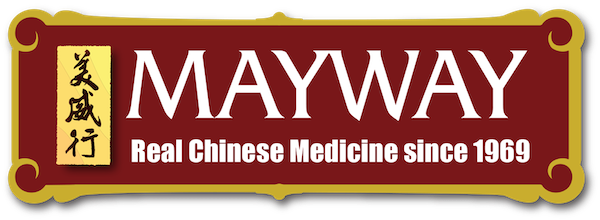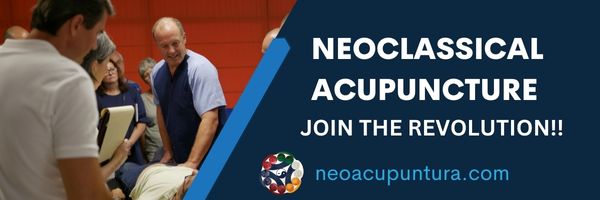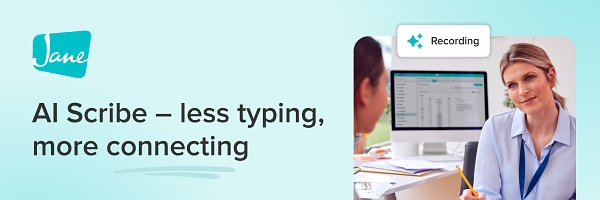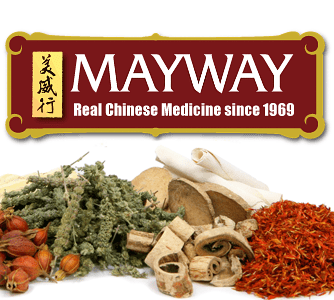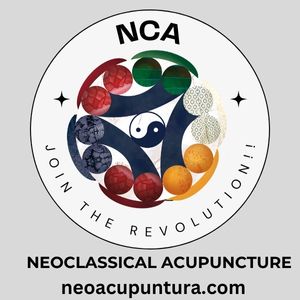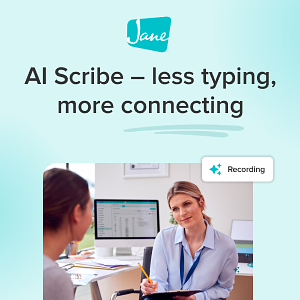The practice of medicine is not completely about what we do, it’s also informed by how we are. How our presence, perception and allowing ourselves to abide in that space between knowing, sensing and being can invite a quiet, non-rational part of ourselves into the clinical encounter.
Michael McMahon, like many of us, did not initially set out to become a Chinese medicine practitioner. It was more a process of discovery— of a kind of feeling your way in the dark. It was a following something that lead to the next, which in turn opened a new opportunity. Not unlike the threads we follow in clinic that take and our patients to surprising places.
Listen in to this conversation that reminds us there is something quiet and still that helps to inform the “doing” of our work.
In This Conversation We Discuss:
- The brilliance of Lynda Berry
- How Michael got in to TCM
- How the Polyvagal Theory can help us to understand our patients
- Framing the patients experience
- Helping patients feel safe
- The perspective of neurobiology
- The neuroceptive system that is always attending to safety
- Understanding and inhabiting our own nervous system
- The importance of Agency
- How is the body experiencing itself?
- Pacing and tempo of treatment
- The Pocket Guide to Interpersonal Neurology
The best clinic tip I can think of goes back to the beginning – what I learned from my mentor; be yourself and be generous of heart and spirit. Laughter helps too. Truly, people are giving their time to come see us, they should enjoy the experience. I do my best to find ways to connect and make the time we spend together rich.
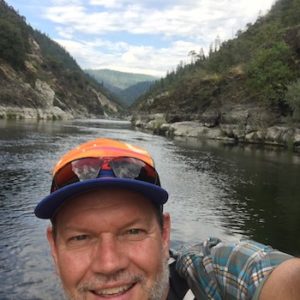 Michael McMahon
Michael McMahon
I am an unlikely person to even be writing this bio. What I mean by that statement is at no point in my earlier life did I ever think I would be a bodyworker or an acupuncturist. I feel fortunate that I was cajoled into getting some bodywork by my first psychotherapist. I was resistant but eventually scheduled a session and actually went and it changed my life.
There is one quality that I try to maintain pretty consistent connection with both in my teaching and in my practice and that is a generosity of spirit. My mentor (the guy mentioned above, John Miller, who is now a dear friend) was unbelievably generous with me. I don’t know that I’d have the career, the life I have without the generosity that he showed me. He shared freely his time, what he’d learned and most of all his heart. It was the way he approached his work as much as the work itself that impacted me. So, in my own way, I try to keep that spirit alive and bring that to my work.
I love that the principles of Osteopathy and Chinese medicine are coherent with one another. Lynda Barry, alternative cartoonist and creativity teacher, said in her book Syllabus that she needed students to continue to explore the questions at the root of her work. Pursuing the question of how is it that the body can heal itself through Chinese and Osteopathic lenses is just amazing. I feel fortunate to have learners and patients to explore these questions as partners in inquiry and discovery.
I have been in private practice for 19 years and have been teaching now for 8 years. I teach at NUNM and run my own seminars in Cranialsacral Therapy, Myofascial Release and Visceral-Fascial Release through Moving Mountain Institute. Through the institute I am able to freely explore the interconnections between our work, collaborative community and culture. It’s fun!
Links and Resources
Michael recommends this interview with Stephen Porges, author of The Polyvagal Theory which he considers to be an essential theory for our work and just understanding being human.
The Wayfinders: Ancient Wisdom and Why it Matters in the Modern World, by Wade Davis. Michael says this book is essential for understanding and becoming conversant with different epistemologies. In the modern west rationalism rules but that is just one way of knowing – and it shouldn’t be dismissed. But, it should be balanced in service of epistemologies rooted in natural processes. Wade Davis is an anthropologist who has an uncanny ability to let the people he is with to speak their stories themselves.
Other recommended reading:
Pocket Guide to Interpersonal Neurobiology, by Daniel Siegel
Being a Brainwise Therapist, by Bonnie Badenoch


